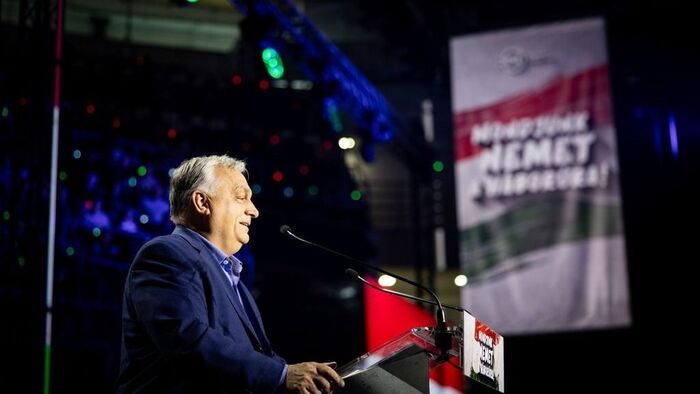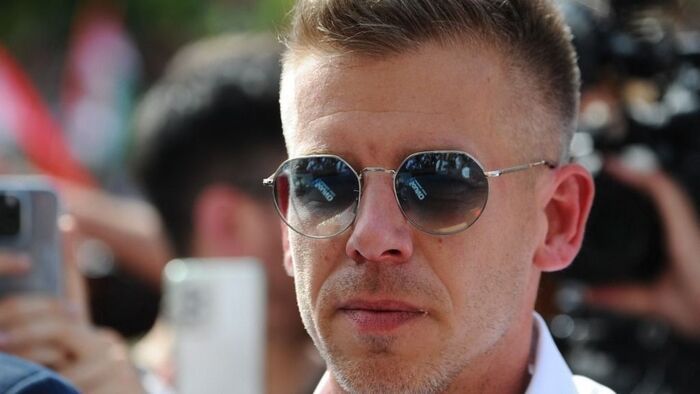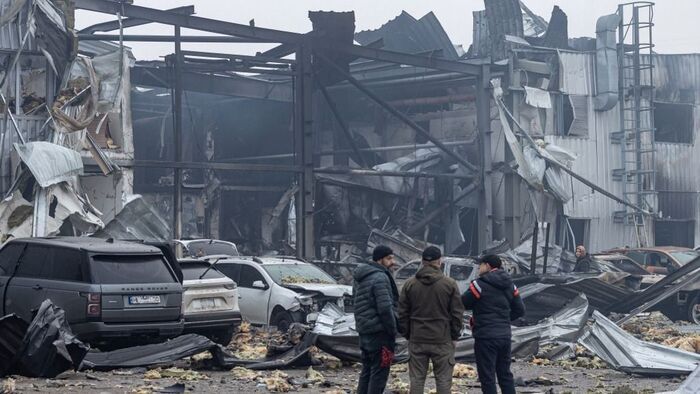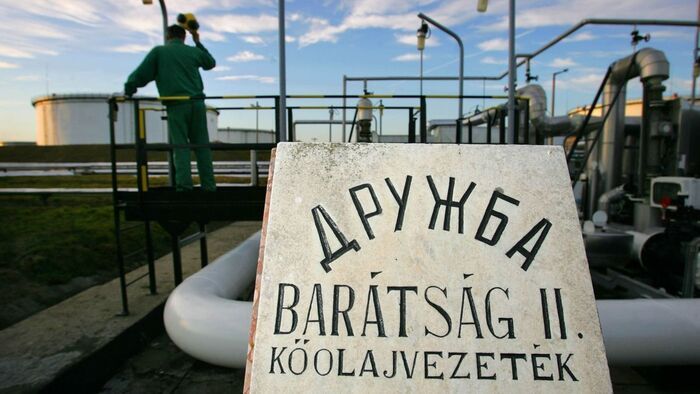The proposed EU budget change would not help the functioning of member states or the EU, but would primarily provide additional resources for the bloc's commitments regarding the Russia-Ukraine war. All this without exactly knowing how the money sent to Ukraine so far has been spent. This raises many questions. Furthermore, in the current economic situation, no member state is willing to provide Brussels with additional resources, Akos Bence Gat, researcher at the National University of Public Service and head of foreign relations at the Danube Institute, told Magyar Nemzet in connection with the European Union's mid-term revision of its seven-year budget, which entails the collect of additional funds from member states.

The president of the EU's executive body announced in June that the seven-year budget framework adopted after much heated debate in 2020, would have to be revised, also requiring member states to pay in around €66 billion. The budget amendment aims to manage migration, help Ukraine and increase the salaries of EU officials, among other things.
Although the final statement following the October European Council meeting was terse regarding the budge modifications, it is clear from the statements of several heads of state and governments in attendance that the European Commission's draft has been rejected by state leaders, who have asked the Commission to come up with a more realistic proposal.
Interest on EU money
The EU is not obliged to finance the functioning of the Ukrainian state. In this case, it is not a question of an existing budget item suffering from underfunding, but a new policy objective that the Commission wants member states to finance. And this can only be achieved if all member states agree to the decision," said the Danube Institute's head of foreign relations, explaining that €50 billion of the €66 billion extra budget, would be earmarked for Ukraine by EU bureaucrats. He added that the Commission's proposal would provide continued support for Ukraine until at least 2027,
in other words, the EU is preparing to finance the consequences of a protracted war.
The expert noted that the Commission has also cited the need to finance the increased interest costs of the financial markets loan previously taken by the European Union. The researcher explained that the EU borrowed for the first time in its history to finance the Next Generation EU Fund for economic recovery after Covid-19, and now the interest rates on this have rocketed.
This raises particularly interesting questions from the perspective of our country.
"Hungary has not been given any of the recovery fund so far for political reasons, yet the Commission still expects Hungary to contribute to the increased interest costs of this fund. To put it mildly, the expectation is politically and morally on weak footing," he said.























Szóljon hozzá!
Jelenleg csak a hozzászólások egy kis részét látja. Hozzászóláshoz és a további kommentek megtekintéséhez lépjen be, vagy regisztráljon!